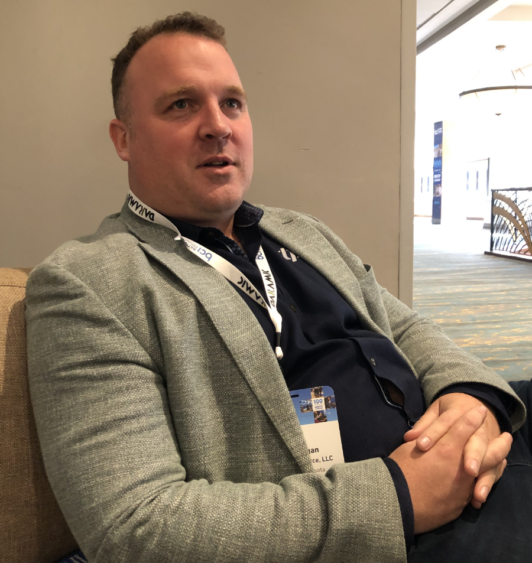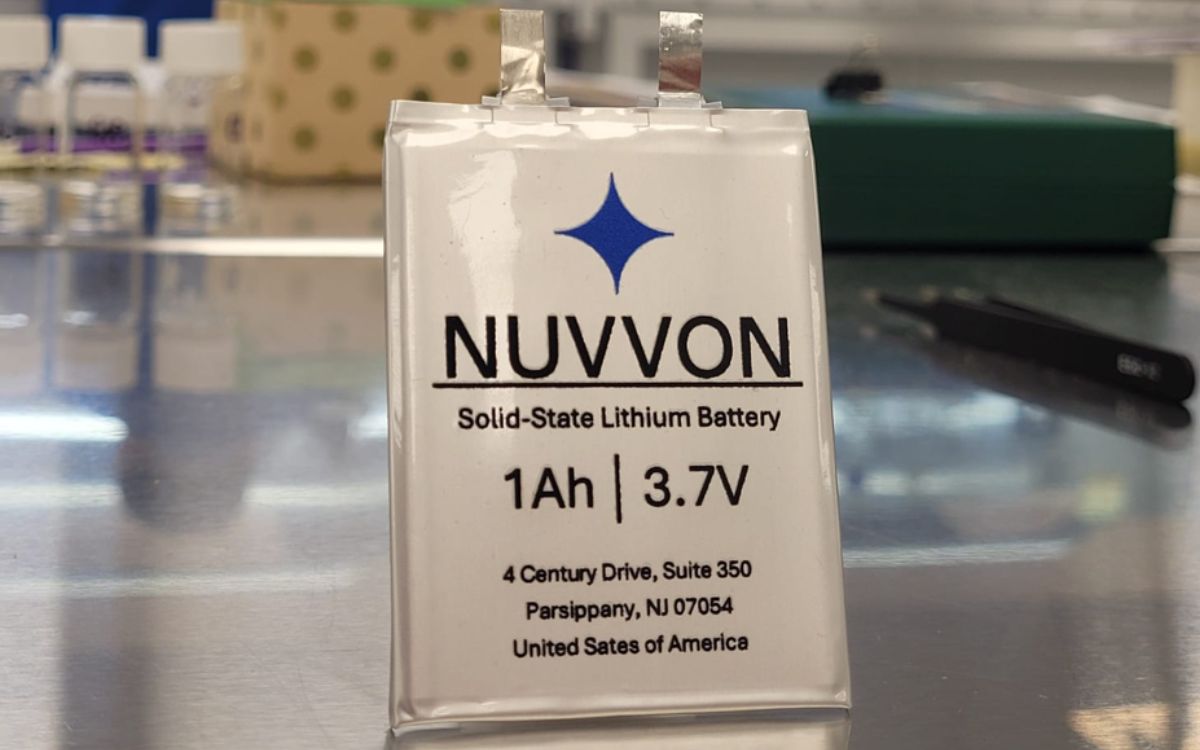US lead battery recycler Gopher Resource has kicked off Phase II of its Department of Energy-funded project for computer modelling of lead recycling reverb furnaces at Oak Ridge National Laboratory.
Gopher’s CTO Joe Grogan told BEST Gopher received a lot of industry interest and enquiries during the Phase I project, which was announced in 2019. It was about building sophisticated computer models of its recycling furnaces at its Tampa, Florida, plant.
He said the company was awarded a $300,000 Phase II grant on the back of that first phase.
The US Department of Energy (DOE) said Gopher and Oak Ridge National Laboratory will continue their successful partnership to improve multiphysics modelling of secondary lead furnaces for environmental and energy efficiency.
“Improvements in furnace thermal efficiency can result in energy savings of up to 750 billion Btu per year and at least half a million tonnes of carbon dioxide emissions, leading to a total cost savings of $30 million per year for the lead industry,” the DOE said.
The Reverb Furnace Productivity Project is a joint initiative to advance the sustainable nature of lead recycling. Reverb furnaces transform battery scrap into a high-purity lead metal that gets remanufactured into new lead batteries.
Gopher said the proposed model to develop new multiphysics reverb furnace models would be “the first of its kind” for lead furnaces and would impact the complete value chain for the battery industry. It could also be applied to other metals manufacturing processes.
Grogan said: “The team at Oak Ridge that are doing this work typically develop computer models of nuclear reactors but have found the challenges of developing first principle understanding of complex furnaces interesting and exciting.
“In Phase I we were successful in developing a multiphysics model of full furnace operation that included combustion, solid material loading, and the melting and smelting processes. The work was done on the world’s fastest supercomputer at the time, ‘Summit’.”
Photo: Gopher CTO Joe Grogan: “The team at Oak Ridge have found the challenges of developing first principle understanding of complex furnaces interesting and exciting.”












